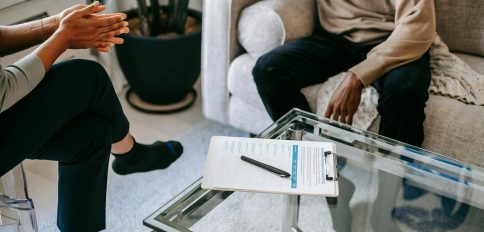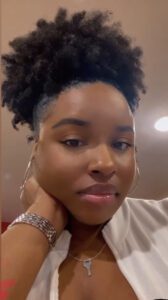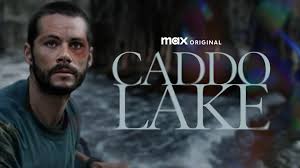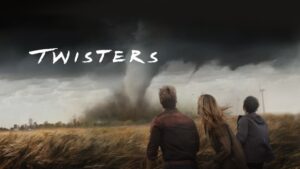I’ve been in therapy once before, but it only lasted for a short time due to circumstances beyond my control. And as 2023 came to a close, I found myself in a place where I knew I needed to start therapy again. So I did. I knew this time that I was going to, and I am still determined to stick with it and put the work in on myself. Here are three lessons therapy has taught me.
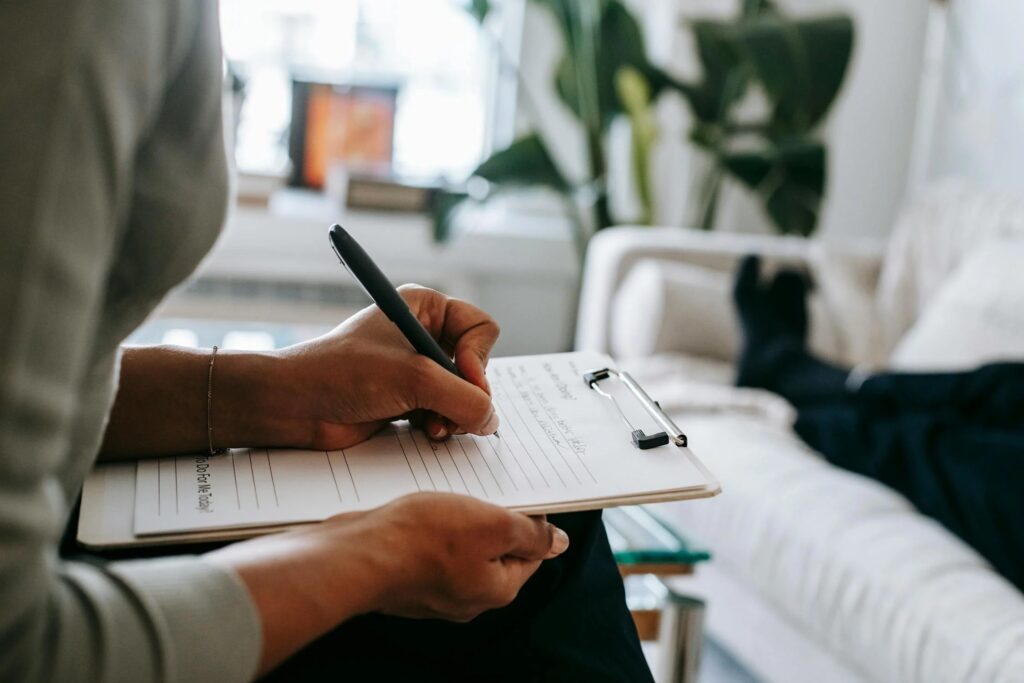
1. Suppression Has Been My Bestie
One of the biggest things that therapy has taught me so far is that I have suppressed a lot of trauma in an attempt to protect myself. I pride myself on being strong and independent, but I’m realizing that it’s also okay to acknowledge and work through the pain and hurt that I have experienced in the past. Trials and tribulations may help in molding you, but it does not have to define you.
Suppressing trauma can look a bit different for everyone, but for me it’s about forgetting. Whenever something traumatic is happening or has happened, I want to get out of that season as fast as I can. So I mentally push things to the back of my mind and put them away in my little memory box and throw away the key. Now while festering on struggles isn’t healthy, it is also not healthy to ignore them. Which I have a tendency to do. I just don’t ever want to feel like, seem like, or be viewed as a victim in any situation whether big or small. Again, not healthy.
While thinking about this topic yesterday I watched actress and costume designer, Crystal Renee Haylslett’s YouTube video entitled, Keep On Survivin with MarQuis Parson, and she quoted something she heard that reigns so true for me. “Just because you don’t feel the pain, doesn’t mean you’ve healed from it.” And honestly… she was in my business, but also… she was right. So, I’m working on it.
2. I Enjoy Isolating Myself
Another thing that therapy has taught me is that I have developed a tendency to isolate myself rather than explain to people how I am feeling. I am someone who prefers to deal with things on my own, but I’m learning that it’s important to reach out and let others in when I am struggling.
One of my most toxic traits is that I will drop everything for everyone else, but tend not to let people do the same for me. But in my defense.… I’ll be honest in saying that I have gotten so used to disappointment from people, circumstances, and things, I don’t like putting myself in the position to be vulnerable. I rather take things to the chin… until I have my breaking point. We all have breaking points.
Learning how to deisolate myself in trying times is truly a work in progress for me. I feel like I often have multiple things going on in my life and would rather keep it to myself more often than not because I don’t want to sound repetitive. I am also aware that this is largely due to my habit of overthinking, everything.
This is also not to negate the fact that I have a village around me. I know that I have family and friends that are willing and ready to listen when I need them. And sometimes I do, but, hey, that is also something I am working on… baby steps people, baby steps.
3. I Have ADHD
Lastly, since starting therapy I have been diagnosed with ADHD or attention-deficit/hyperactivity disorder. This was something that I had suspected for a while, so it was more of a confirmation for me rather than a surprise. I think it’s important to talk about and educate ourselves on neurodivergent disorders, like ADHD because it’s nothing to be ashamed of. It just means that we think and approach things differently.
I also acknowledge the fact that racial and cultural disparities play a large part in why it is not always easy to get a diagnosis for neurodivergent disorders. In fact, according to a Penn State report in Psychiatry Research:
“Children who are racial, ethnic, or language minorities may be less likely to be diagnosed for ADHD due to differences in parental beliefs about ADHD, concerns about potential stigma, and limited access to culturally sensitive primary care or specialty providers including those proficient in the family’s preferred language (Coker et al., 2016; Gerdes et al., 2014; Miller et al., 2009; Vázquez et al., 2022; Zuckerman et al., 2014). Girls may be less likely to be diagnosed with ADHD because their behavioral symptoms typically involve inattention instead of hyperactivity or impulsivity (Hinshaw et al., 2022).”
Below is a list of symptoms that I deal with on a day-to-day that helped in my diagnosis.
- Having a short attention span and being easily distracted
- Making careless mistakes – for example, in schoolwork – (this was quite literally the only complaint my teachers would ever bring up, careless mistakes)
- Appearing forgetful or losing things
- Constantly changing activity or task
- Constantly fidgeting
- Being unable to concentrate on tasks
- Interrupting conversations
Final Thoughts
I am grateful for the opportunity to be in therapy and to have a safe space to work through my ups and downs. If you are considering starting therapy, I highly recommend it. I found my therapist on Psychologytoday.com, where I was able to utilize the filters to find someone who best suited my needs.
Do you have a therapist? If so, how are you liking it so far? I would love to hear about your experiences with therapy and how it has helped you on your journey to self-discovery and healing. Let’s continue to de-stigmatize mental health and prioritize our well-being.
Don’t forget to check out my last blog post here and as always, let’s get to the good part. 🎥

